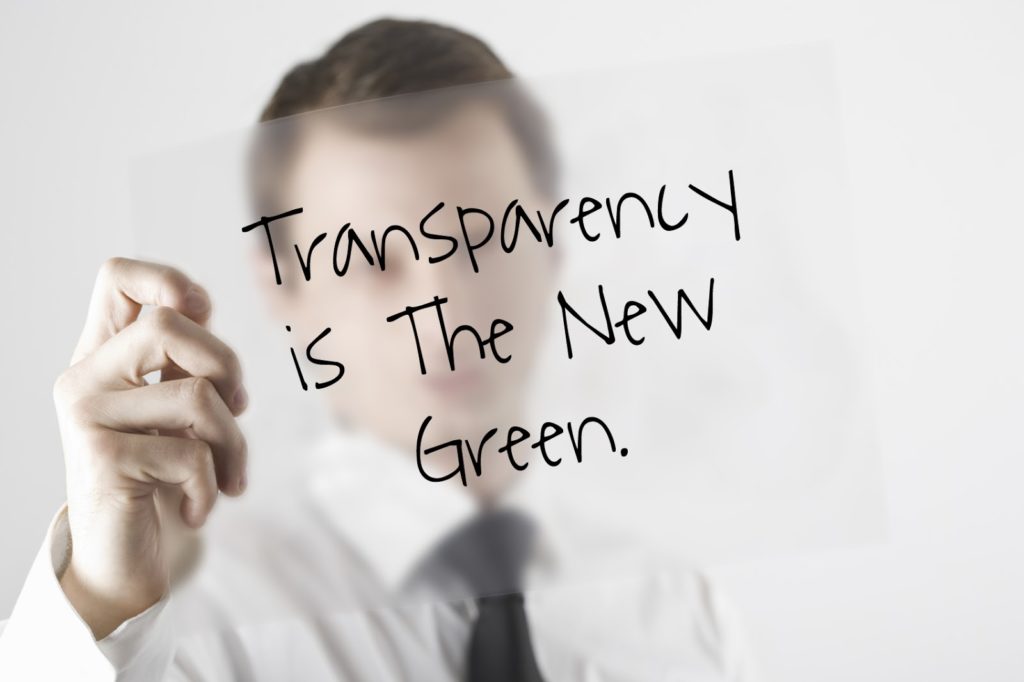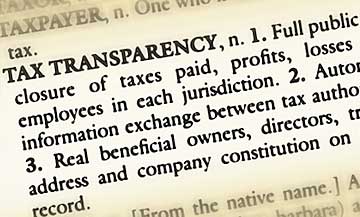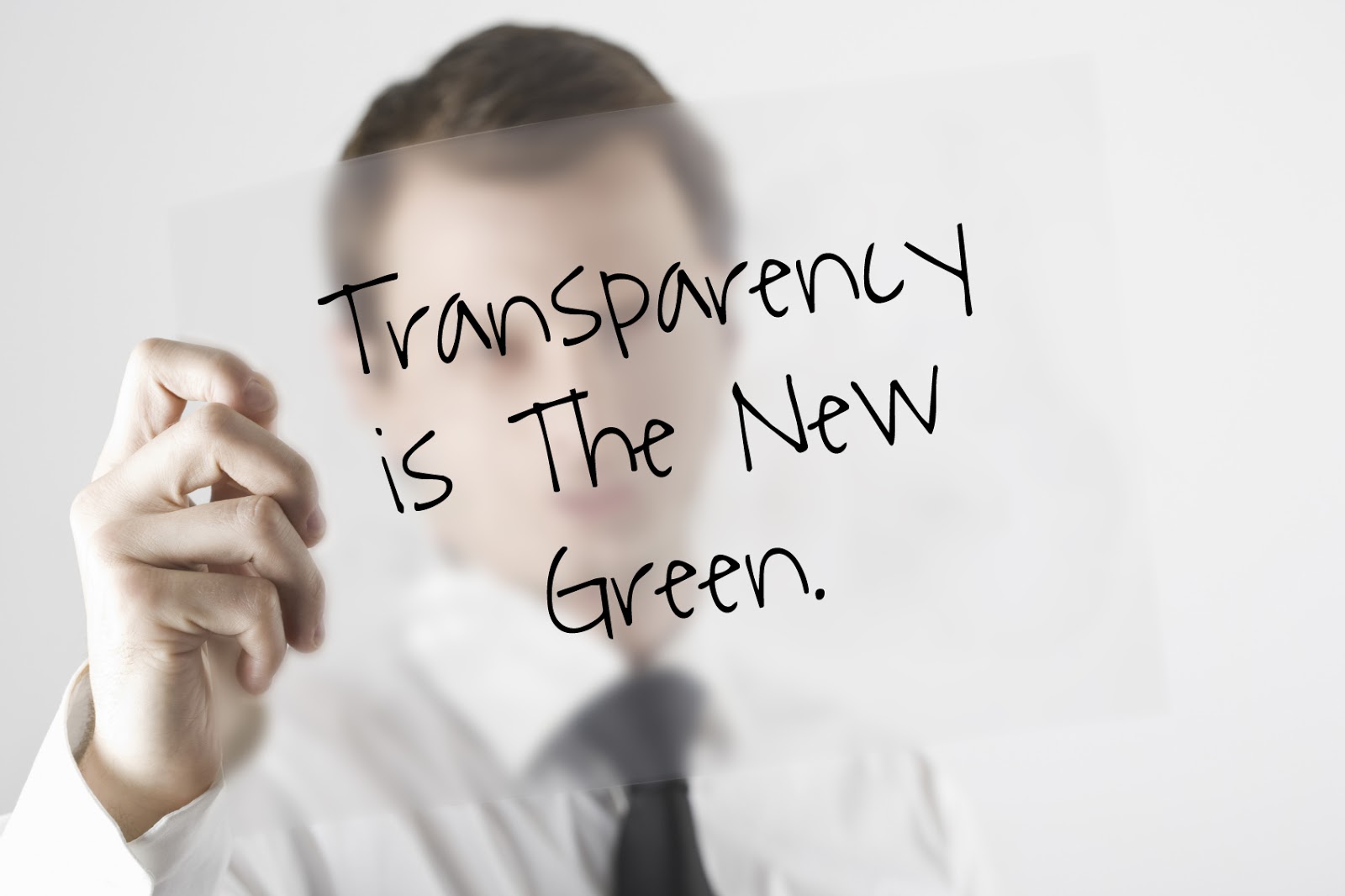I’ve been reading up on “tax transparency” lately and have become a convert to the idea. The idea is that the IRS could and should publish online, in a searchable database, the annual income and income taxes paid by all taxpayers.

I’ve got political, economic, and sociological reasons for my conversion.
You probably already anticipate the political. Most Democratic presidential candidates this month have rushed to release a decade’s worth of their personal tax returns. They do this in part to contrast with President Trump, who has broken with forty years of tradition by not releasing his own tax returns. His stated reason is that his returns are “under audit” with the IRS. An audit process, however, does not prevent voluntary disclosure, according to the IRS itself.
But there is a better way. You’re going to love this idea.
If you’ve ever read my columns before, you probably realize that when I say “You’re going to love this,” I actually mean that you’ll probably hate this.
Let’s not limit ourselves to begging for voluntary disclosure by a president, or presidential contenders. Let’s get it all out there. For everyone. That was the rule back in 1924. The IRS made public the amount of taxes paid by every individual and corporation. I say we reinstitute that rule, which was unfortunately repealed in 1926.
What happens when you disclose everyone’s income and taxes paid publically?
A primary goal of income and tax transparency is to deter tax evasion, especially by powerful people. A secondary goal is to increase the amount of taxes paid. A tertiary goal is that we get to address important issues like wage inequality.
A paper published in February 2019 by the National Bureau of Economic Research describes Pakistan’s recent experience with tax disclosure.
In Pakistan, the government began in 2012 to publish how much both elected officials and citizens earned in income and paid in taxes.

This has direct relevance to the current United States situation, since the program began as a result of press reports that elected officials had not been paying their taxes.
What better way to ensure compliance and trust in the system than 100% exposure of all citizens’ income and taxes paid? Sunlight, as they say, is a great disinfectant.
In Pakistan, two free searchable directories are published in PDF form online each year. The first is income earned and taxes paid by all members of Parliament. The second directory has the same tax information on all taxpayers, searchable by name.
One hoped-for effect with this program is to encourage whistleblowers to come forward if they suspect someone, like a political rival or a neighbor, of not paying their fair share of taxes.
As a result of this program, among members of parliament in Pakistan, tax compliance moved from 30% to 90% within the first year of the program – an extremely dramatic jump. I feel like this kind of effect on public officials of tax transparency should be a requirement in a democracy.
For an entire society, individuals would be less likely to attempt illegal tax avoidance, or even plausibly legal but overly aggressive attempts to reduce taxes, if they knew others would be watching. Other taxpayers may enjoy the “bragging rights” afforded by high reported income and high tax compliance, possibly helping bring in additional revenue.
Norway has a strong tradition of tax transparency, dating to the 19th Century. Beginning in 2001, the central government began to publish all taxpayer wages and taxes paid online, searchable by anyone
A Norwegian study from 2014 found that business owners’ reported income increased by 3% on average following the change to total transparency, with a 0.2% bump in taxes collected. Higher reported income leads to higher taxes paid. An equivalent jump in taxes in the US would raise $3.2 billion. The effect is larger on business incomes rather than salaried incomes because of the extra wiggle room that businesses enjoy to report and pay taxes, when compared to W2-type earnings that are independently reported.

Pakistan and Norway are not the only countries to experiment with tax transparency. Italy tried it in 2008, posting all tax returns from 2005 online, before taking down the information, following protests.
Greece and New Zealand use public exposure of tax evaders to encourage compliance.
This tax transparency may all sound radical, but we already have a small version of this in the United States. And life goes on. I just mean the fact that I can look up property taxes owed and paid by almost anyone who lives near me through a simple internet search of county records.
Academic studies do acknowledge some downsides to transparency. Some consider this an invasion of privacy. We could easily imagine some embarrassment or even harassment about one’s level of income.
Apparently in Norway, the well-known practice of “tax porn” internet searches – looking up people’s income for voyeuristic purposes – actually makes people unhappier in some instances.

As a result, since 2013 in Norway, the subject of a tax search is informed of who is doing the searching. This has led to a drop from 16.5 million searches to 2.15 million searches in the year after implementation of the rule change, all on a population of 5 million.
When I am declared benevolent dictator of this fair land, I will look to institute tax transparency similar to what they have now in Norway and Pakistan – an easy internet search of anyone’s net worth, taxes owed, and taxes paid. A moderate charge for each search would make it a revenue generator for my government’s coffers. The moderate charge would also limit “tax porn” searches and encourage tax compliance.
One additional benefit of this proposed database would be to equalize pay. Efficient markets, including markets for work, depend on the free flow of information. Pay information, however, is often obscured and secret. A 2010 economics paper found that disclosure of income not only mattered to lower-income people, but prompted them to take action, such as look for higher paid work. Under my tax transparency regime, people would have the information to make their arguments for better pay and equality.
Finally, Joel Slemrod, the University of Michigan economist who co-authored both papers on tax transparency in Norway and Pakistan, also published a paper in 2015 with the intriguing title “Sexing Up Tax Administration.”
Let me know if you need a synopsis of that one in an upcoming post.
Please see related post
Transparency Part I – Legislative Salaries
Transparency Part III – Salaries
Post read (253) times.





